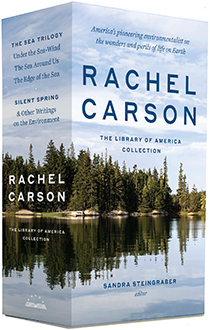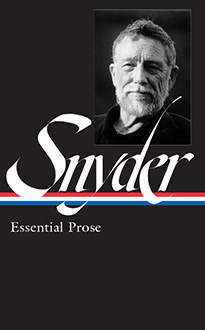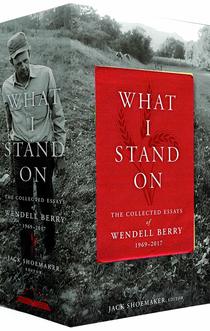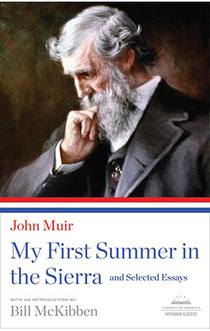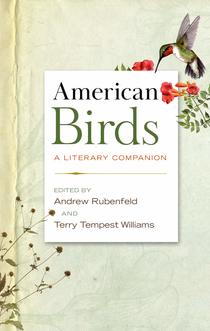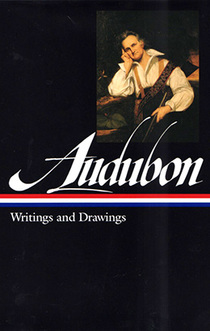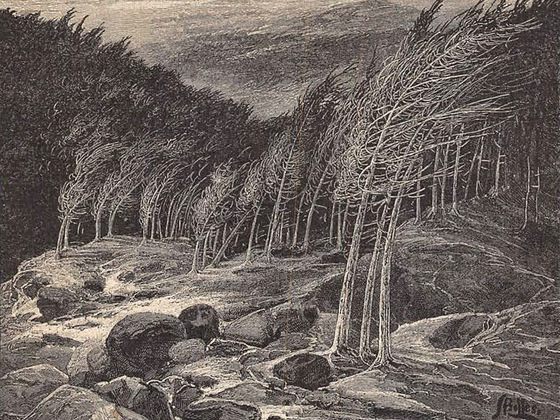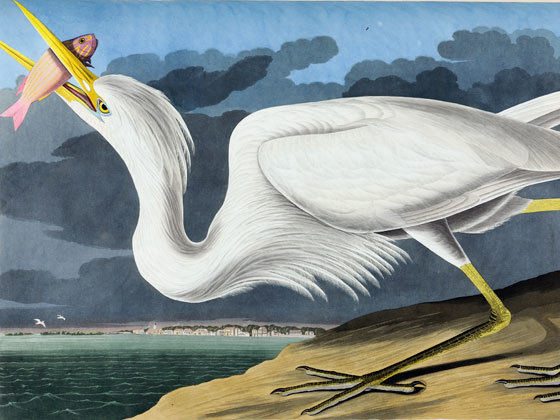Nature & Environmental Writing
This title is out of stock and a reprint has not yet been scheduled. Sign up here to receive news about forthcoming titles and reprints.
America’s greatest nature writer and a political thinker of international renown, Henry David Thoreau crafted essays that reflect his speculative and probing cast of mind. In his poems, he gave voice to his private sentiments and spiritual aspirations in the plain style of New England speech. The Library of America now brings together these indispensable works in one authoritative volume.
Spanning his entire career, the 27 essays gathered here chart the range of Thoreau’s interests and the evolution of his thinking, particularly on nature and politics. They vary in style from the ambling rhythm of “Natural History of Massachusetts” and “A Winter Walk” to the concentrated moral outrage of “Slavery in Massachusetts” and “A Plea for Captain John Brown.” Included are “Civil Disobedience,” Thoreau’s great exploration of the conflict between individual conscience and state power that continues to influence political thinkers and activists; “Walking,” a meditation on “wildness” and civilization; and “Life Without Principle,” a passionate critique of American materialism and conformity. Also here are literary essays, including pieces on Homer, Chaucer, and Carlyle; the travel essay “A Yankee in Canada”; speeches in defense of John Brown; and works on natural history written during the last years of Thoreau’s life, such as “The Succession of Forest Trees,” “Wild Apples,” and “Huckleberries.”
Many of the poems are presented here in versions based on Thoreau’s journal and manuscripts. Poems he excerpted for A Week on the Concord and Merrimack Rivers and Walden appear in their entirety. Included are “Sic Vita,” with Thoreau’s searching characterization of himself as “a parcel of vain strivings,” and the visionary “Inspiration.”
Elizabeth Hall Witherell, volume editor, is editor-in-chief of the multi-volume critical edition The Writings of Henry D. Thoreau, based at the University of California, Santa Barbara, and published by Princeton University Press.
This Library of America series edition is printed on acid-free paper and features Smyth-sewn binding, a full cloth cover, and a ribbon marker.
Henry David Thoreau: Collected Essays & Poems is kept in print by gifts to the Guardians of American Letters Fund in honor of Martin E. Segal.
